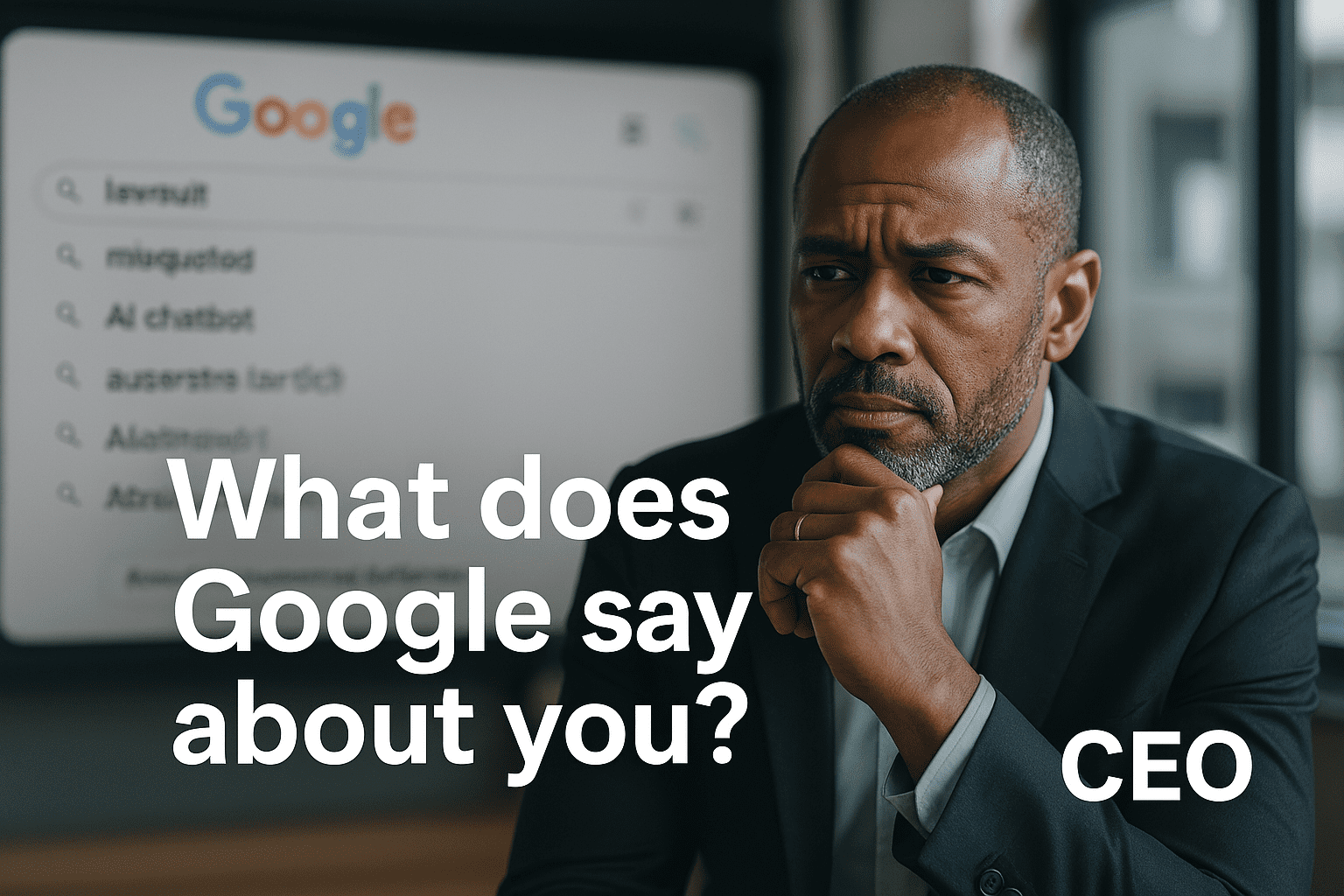Last Updated on August 1, 2023 by Steven W. Giovinco
6 Ways Coronavirus Can Damage Your Online Reputation
What happens–God forbid–if someone in your business comes down with coronavirus after a client meeting? Get help, of course. I live in New York, and yes, COVID-19 is a natural, scary thing happening right now (a colleague I know in New Rochelle could be sick).
But, what next? Businesses need to survive and people need to live. Do you shut down the whole office? Should you warn everyone you met? What happens when word of this spreads–hide it or share it openly?
Pondering the larger ramifications for a moment, COVID-19 coronavirus can damage your online reputation in ways you’ve probably never thought of. Here’re six ways how.
1. Someone Gets Sick in Your Office
If you or someone in your office is sick, I hope they get well, since this is paramount. However, after health is taken care of, consider how this might impact your online reputation. Instead of LinkedIn profiles, Wikipedia articles, awards, white papers and other positive links, a client or prospect searching for you in Google now could instead see references to coronavirus.
This could swiftly wipe out any positive web presence that’s taken years to build. Further long term harm might come in the form of an online stigma linked to your business or brand.
Be transparent at all times.
2. You Do Nothing
No one wants to contribute to expanding coronavirus but doing nothing can make things seemingly worse. What I mean is if everyone is telecommuting for example, but you are keeping the status quo, it could be perceived that you don’t care about your employees or your business.
Ignoring COVID-19 could make things seem worse. Instead, be proactive and convey what you are doing–just like you should be doing at all times online.
3. Your Name Is Related
It might be more of a long shot, but something to consider is if your name is related to “coronavirus”. A beer brand comes to mind, but other name variations could be directly or indirectly problematic. This includes brand phrases, online nicknames or other commonly-used terms that you might post online but could seem inadvertently insensitive or worse. Consider pausing them.
4. Tone Deaf Messaging or Worse
Your social media posts could be indifferent, tone deaf or simply wrong in response to the virus itself and the news surrounding it. Don’t post dystopian views with cutesy/snarky captions; avoid the mention of “viral marketing”, for obvious reasons; be mindful over everything you put online.
Even if you have no relation at all to coronavirus, your online reputation could be damaged by posting the wrong thing. You might have to change how you do business, unfortunately, for weeks or months.
5. Not Preparing Well For Coronavirus
Purposely ignoring CDC COVID-19 recommendation by announcing team-building gatherings and sharing this online is not a good idea, since it could be seen as irresponsible (something you shouldn’t be doing in the first place). Of course, don’t mock or belittle someone else’s suffering.
Use common sense when sharing on social media: if not you risk the wrath from others, which might be justified. Now is the time to review your online reputation strategy.
6. Your Online Reputation Building is Paused
Your reputation building strategy might be paused during the coronavirus crisis. Don’t let this happen, if possible, at least during the long-term. Continue carefully posting across social media platforms, writing blogs and uploading images as you’ve always done, just be a bit more careful not to say the wrong thing.




